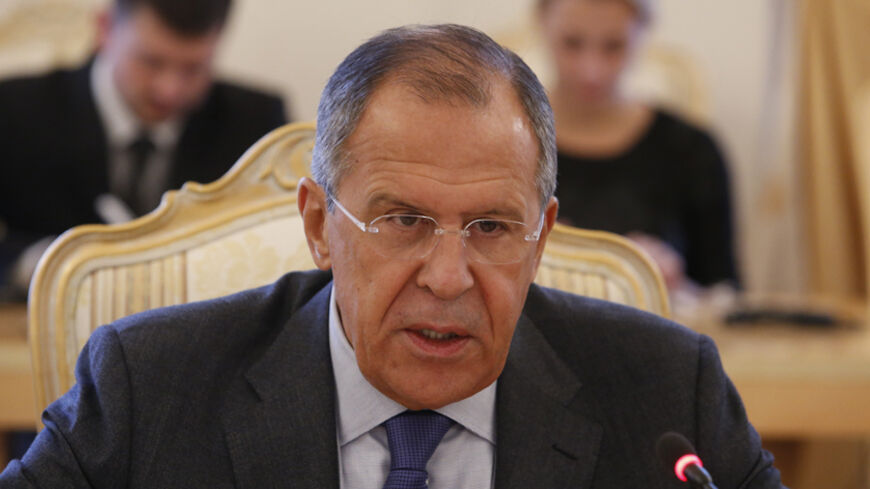Does Moscow understand American objectives in the Middle East? Amid turmoil in the region, and after President Barack Obama's declaration of his determination to “degrade and ultimately destroy” the Islamic State (IS), the answer matters — even more so since Russia often defines itself relative to the United States.
Obama’s commitment to expanding air attacks against IS militants and assembling a coalition to combat the group certainly raises the stakes for Russia in the Middle East. Washington has not used force in the region (or anywhere else) to this extent since its support for and ultimately leadership of the 2011 effort to oust former Libyan leader Moammar Gadhafi. Moreover, the United States' record suggests that whatever Obama might say now, he could well broaden and deepen the military’s role in the future, with potentially grave consequences for Bashar al-Assad’s regime in Syria.



